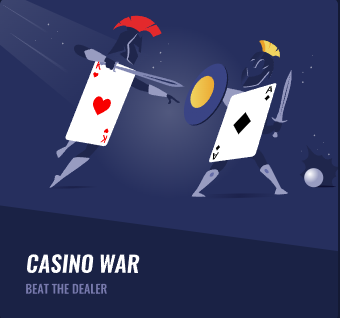Edge Sorting is a technique used in card games where a player tries to determine the face value of a card based on unintentional, minute irregularities and asymmetries in the patterns on the back of the cards. These tiny differences may arise from manufacturing imperfections or wear and tear. By recognizing these inconsistencies, players attempt to gain an advantage over the house or other players by predicting the value of the face-down cards.
It’s essential to understand that edge sorting, while skillful, is often viewed as a dishonest or unfair method of play in many casinos. As a result, players found to be using this technique can be banned or face other consequences.
FAQs:
Is Edge Sorting considered cheating in casinos?
Edge sorting occupies a gray area in many jurisdictions. While it doesn’t involve altering the cards in any way, it leverages manufacturing defects to gain an advantage. Many casinos consider it cheating and might ban players found using the technique. Legally, decisions have varied with some courts ruling in favor of casinos and others siding with players.
How is Edge Sorting different from Card Counting?
Edge sorting involves identifying tiny imperfections in the card patterns to predict their face values, while card counting is a system used in blackjack where players track the ratio of high to low-value cards left in the deck. While both methods aim to gain an advantage, they are fundamentally different techniques.
Can all card games be edge sorted?
Edge sorting is most effective in games where knowing the next card or a specific card’s value provides a significant advantage. Baccarat and Blackjack are two examples. However, not all decks of cards have noticeable imperfections, and modern casinos often use cards specifically designed to minimize such defects.
How do casinos counteract Edge Sorting?
Casinos have adopted multiple strategies to counteract edge sorting. Some of these include regularly changing decks, using card shuffling machines, employing more symmetrical card designs, and carefully inspecting cards for defects before play.
Has Edge Sorting been involved in any high-profile cases?
Yes, one of the most famous cases involved professional poker player Phil Ivey, who used edge sorting to win millions in baccarat at a casino. The casino sued, arguing that Ivey had cheated, leading to lengthy legal battles with decisions varying in different jurisdictions.



